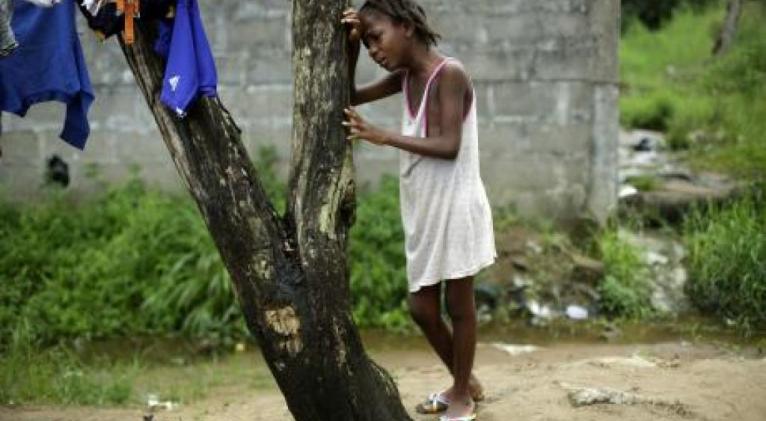Caution marks end of Ebola after 4,700 deaths
especiales

Neighbours were so fearful that Mercy, too, might be sick that no one would touch her to comfort her as tears streamed down her face. She had only a tree to lean on as she wept.
Now, seven months later, Liberia yesterday officially marked the end of the epidemic that claimed more than 4,700 lives here, and Mercy is thriving in the care of a family friend not far from where she used to live.
Terrifying ordeal
"What we went through here was terrifying," said Martu Weefor, 39, who is now raising Mercy alongside her three biological children and Mercy's older brother. "Nobody wanted to pass on our road or have anything to do with us. Everybody was afraid of the community. I thank God that Liberia is free from Ebola."
Yesterday marked 42 days since Liberia's last Ebola case - the benchmark used to declare the outbreak over because it represents two incubation periods of 21 days for new cases to emerge.
The World Health Organization yesterday called the milestone a "monumental achievement for a country that reported the highest number of deaths in the largest, longest, and most complex outbreak since Ebola first emerged in 1976".
Statistics of loss
The statistics of loss, though, are enormous in Liberia: 189 health workers dead. Some 3,290 children lost one or both parents to the disease, though most have been placed with other relatives or in foster care.
While praising the international community's help in getting Liberia to zero cases, Liberian President Ellen Johnson Sirleaf criticised the slow initial response to the epidemic in West Africa that cost many lives.
"This Ebola outbreak is a scar on the conscience of the world. For some, the pain and grief will take a generation to heal," she said. "Therefore, let today's announcement be a call to arms that we will build a better world for those Ebola could not reach ... . It is the least the memories of our dearly departed deserve."
Elsewhere in West Africa, new cases were still being reported this week in both Sierra Leone and in Guinea, where five of the new victims were only diagnosed after death. The fact they had never even sought treatment for Ebola means health officials lost critical time to track their relatives and other contacts.













Add new comment